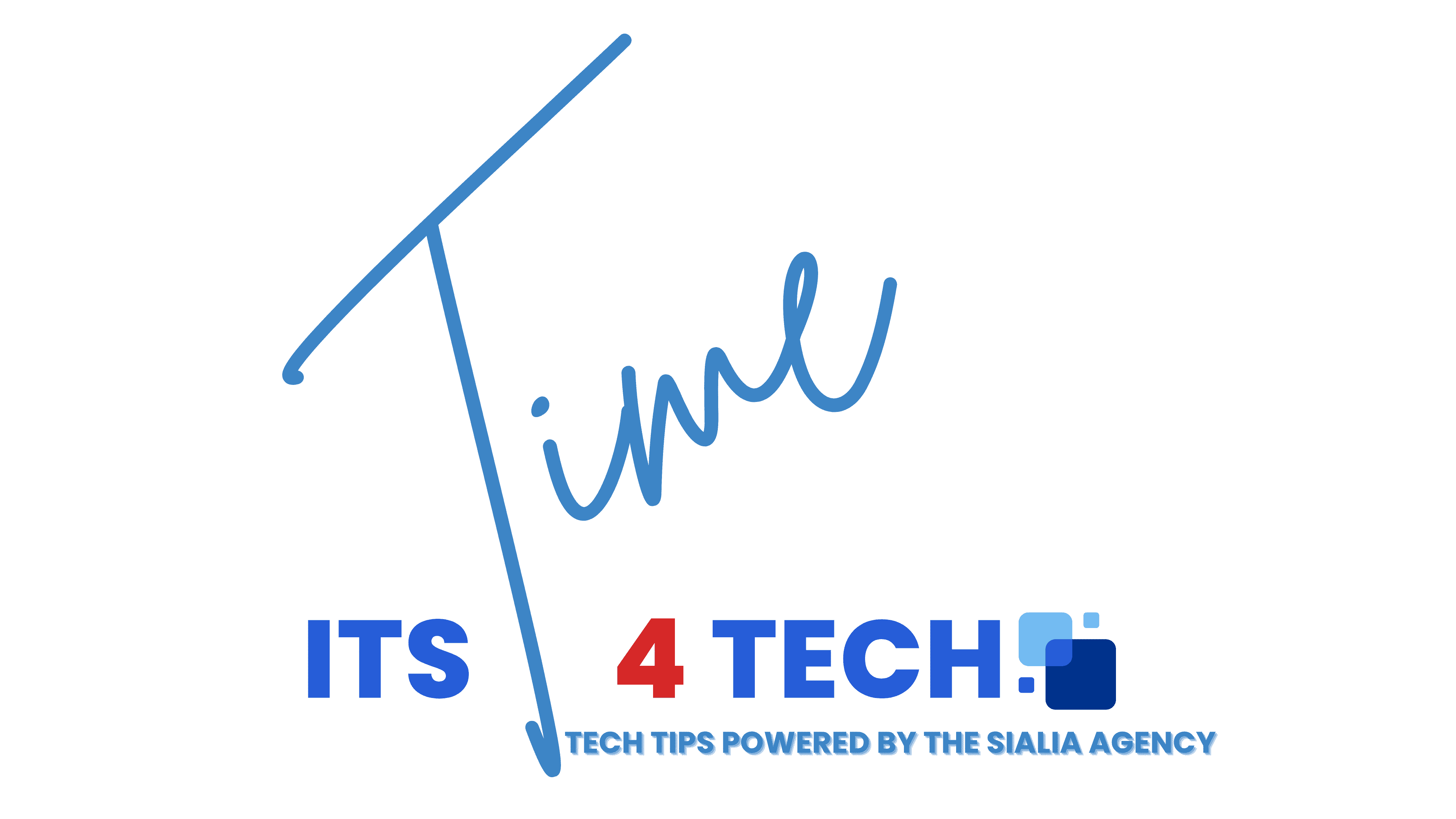
A Disturbing Case of Betrayal in the Funeral Industry
In a heinous breach of trust, Jon M. Hallford, a former owner of Return to Nature Funeral Home in Colorado Springs, has been sentenced to a staggering 20 years in federal prison for defrauding grieving families. This shocking story highlights the urgent need for ethical conduct in small businesses, particularly in the sensitive funeral industry. Between September 2019 and October 2023, Hallford mishandled more than 190 bodies while collecting over $130,000 from families who believed they were receiving respectful services.
The Impact of Pandemic Fraud
While the COVID-19 pandemic wreaked havoc on many businesses, Hallford’s actions exemplify the darker side of human behavior during crises. His fraudulent activities extended beyond the funeral services, as he and his wife conspired to siphon off approximately $882,300 in COVID-19 relief funds through deceitful Small Business Administration (SBA) loan applications. The funds, which were intended to support struggling businesses, were instead used for personal luxuries, such as expensive vehicles and extravagant vacations. Federal prosecutors emphasize that this exploitative behavior not only affects individual families but also tarnishes the reputation of the entire funeral profession.
A Cautionary Tale for Entrepreneurs
As small business owners, the imperative for transparency and ethical operations could not be clearer. Hallford’s case acts as a crucial reminder that the shortcuts of dishonesty create ripples of harm far beyond immediate financial gain. United States Attorney Peter McNeilly's statement, which calls Hallford's actions "deeply inhumane," highlights the moral obligation business owners hold in their communities.
Preparing for a Shifting Regulatory Landscape
In the aftermath of Hallford’s conviction, increased scrutiny of funeral homes may be forthcoming. This scrutiny could translate into tighter regulations and inspections, underscoring the importance of compliance for small businesses. Entrepreneurs must prepare for potential changes in regulatory landscapes by prioritizing integrity and adopting transparent practices.
Conclusion: The Power of Ethical Behavior
The fallout from this case signifies more than just individual accountability—it serves as a reminder of our shared ethical responsibilities as business owners. Prioritizing integrity over profit is crucial, especially when serving vulnerable populations. Let's use Hallford’s cautionary tale to reevaluate our practices and recommit to ethical behavior to build trust within our communities.
 Add Row
Add Row  Add
Add 




 Add Row
Add Row  Add
Add 
Write A Comment